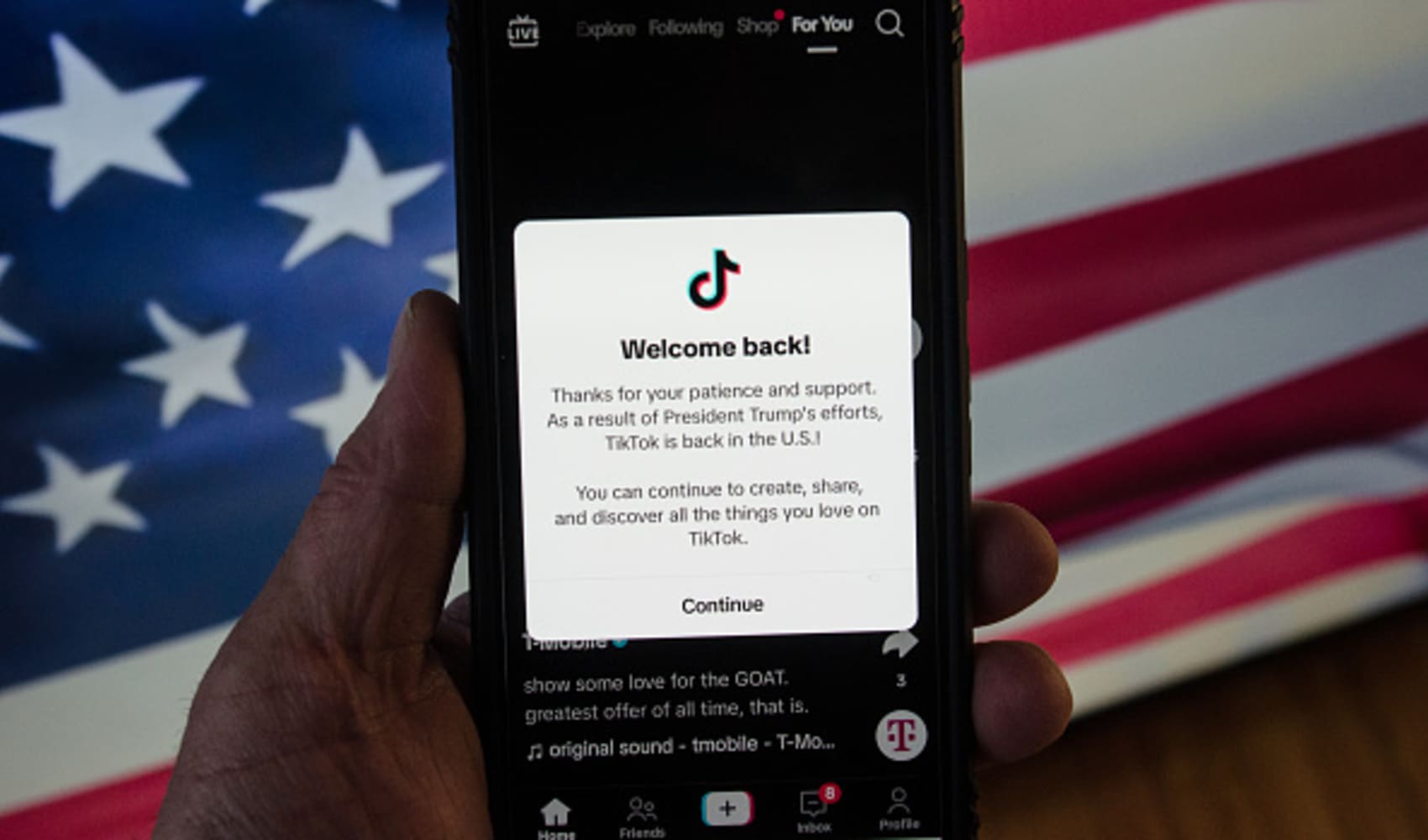As the norovirus outbreak continues to spread in the U.S., you can't rely on hand sanitizer alone to protect you.
Norovirus, also sometimes called the "winter vomiting disease," causes gastrointestinal symptoms like nausea, vomiting, diarrhea and stomach cramps. It can spread quickly in places where people are sharing living spaces, such as on cruise ships, and outbreaks tend to spike at this time of year.
There are around 2,500 norovirus outbreaks reported every year, the Centers for Disease Control and Prevention says, with most of those outbreaks occurring between November and April. But right now, the country is seeing even more norovirus activity than usual, according to the most recent CDC estimates.
“This year, the number of reported norovirus outbreaks have exceeded the numbers that we’ve seen recently and in the years before the pandemic,” a CDC spokesperson told TODAY.com earlier this month.
Get Tri-state area news delivered to your inbox. Sign up for NBC New York's News Headlines newsletter.
So, what's the best way to keep yourself safe and your home norovirus-free? Unfortunately, one expected tool — hand sanitizer — simply isn't as effective against this particular pathogen.
How nororvirus spreads
Norovirus is very contagious, the CDC warns, and it spreads from person to person quickly and easily.
Health
Specifically, it spreads through viral particles contained in feces and vomit. Those particles can contaminate food, water and surfaces (like in a kitchen or bathroom) that can then go on to infect other people.
While people with norovirus are most contagious when they have symptoms (especially vomiting), the CDC explains, they can continue to spread the virus for two weeks or even longer.
Does hand sanitizer work against norovirus?
No.
Hand sanitizer is simply not as effective against norovirus as it at killing other pathogens due to the virus's firm shell, Dr. William Schaffner, professor of infectious diseases at Vanderbilt University Medical Center, told TODAY.com recently.
Other viruses have a fat-based outer layer called called an envelope, which is more easily broken down by alcohol-based hand sanitizers.
Norovirus, on the other hand, is a non-enveloped virus. It's encased in a hard, protein-based shell called a capsid, NBC News explains. This makes it resistant to our typical alcohol hand sanitizers.
In fact, there's some research to suggest that relying on hand sanitizer too much actually increases the risk for norovirus outbreaks in health care facilities. The study authors suspect this is because people are skipping hand-washing (which is more effective) in favor of using hand sanitizer.
So, while you can use hand sanitizer in addition to washing your hands, the CDC says, hand sanitizer is not an effective replacement for hand-washing — especially when it comes to preventing norovirus.
How to properly protect yourself from norovirus
Because hand sanitizer isn't as effective against norovirus, you'll need to properly wash your hands in order to protect yourself.
According to the CDC, that means:
- Wash your hands with soap and water.
- Wash your hands for at least 20 seconds at a time.
- Wash your hands frequently.
You should always take care to wash your hands properly after using the toilet or changing diapers, before giving yourself or someone else medicine as well as before eating, preparing or handling food, the CDC says.
Properly handling food and quickly cleaning up bathroom areas after someone has diarrhea can also help prevent the spread of norovirus.
This story first appeared on TODAY.com. More from TODAY:



